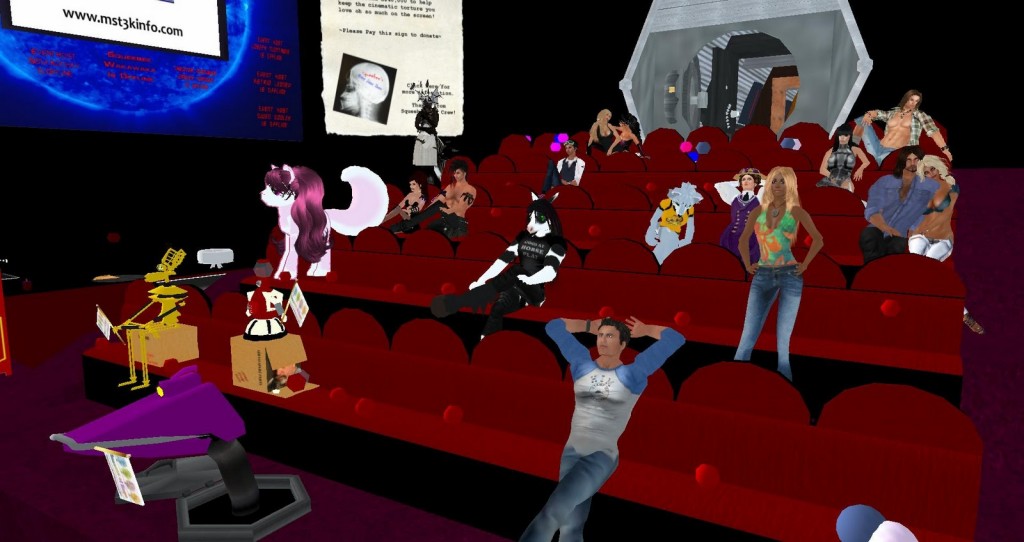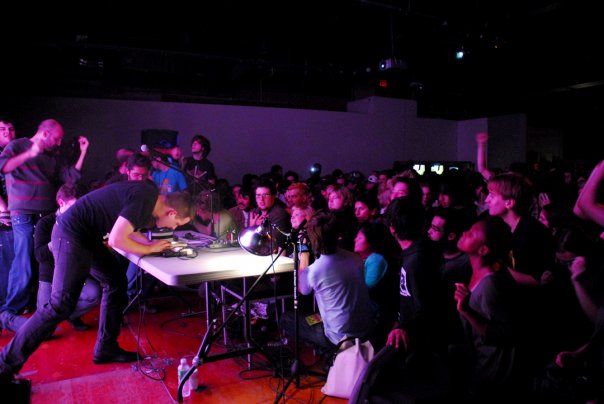Abstract
The study takes look at Assembly, a large-scale LAN and demo party founded in 1992 and organized annually in Helsinki, Finland. Assembly is used as a case study to explore the relationship between computer hobbyism – including gaming, demoscene and other related activities – and professional game development. Drawing from ...

Twine’s revolution: Democratization, depoliticization, and the queering of game design
Abstract
This paper considers the Twine application’s “revolution” in order to assess the consequences and challenges of the democratization of game design for those often marginalized from the mainstream digital games industry. Through a review of Twine as a tool, Twine games and design practices, and the community that has formed ...

Videorec as gameplay: Recording playthroughs and video game engagement
Abstract
This paper outlines an alternative genealogy of “non-narrative machinima” by the means of tracing a parallel with different cinematographic genres. It analyses the circuit of production and distribution of such material as a field for modes of superplay, in which users both compete and collaborate. Doing so, it proposes that ...

Playing new music with old games: The chiptune subculture
Abstract
Although video games have been studied from a wide range of perspectives, from film to literature, little attention has been given to the role of music and sound in games. Not only to the role of music and sound within games, but also to the many different forms in which ...

“I am a rogue night elf”: Avatars, gaming and The Big Bang Theory
Abstract
CBS’s The Big Bang Theory (TBBT) frequently exhibits elements of video games and gaming culture. The author uses subculture theory to consider the representation of video games, gamers, and their avatars within popular culture. This paper investigates the representation of avatars within the characterization of gaming subculture on the TBBT. ...

From camp to kitsch: A queer eye on console fandom
Abstract
Offering a queer perspective on video game fandom, this article considers the factors that fostered a subculture of Western devotees of Japanese video games in the 1990s. Focused on readers of the English publication Sega Saturn Magazine, it shows how, for these players, Japanese games became the basis of a ...

The stroller in the virtual city: Spatial practice of Hong Kong players in Sleeping Dogs
ABSTRACT
Sleeping Dogs is an open-world role-playing game developed by United Front Games, a Canadian Studio based in Vancouver, in conjunction with Square Enix London Studios and released by Square Enix in 2012. The game features the city of Hong Kong and the society of Chinese Triads. While the game itself ...

Introduction: games and subcultural theory
"This issue of GAME Journal offers a recognition and a series of case studies on video games from the point of view of subcultural theory. Game studies have hitherto focused little on their object from this perspective, which offers a theoretical frame for the historical and ever growing complexity ...

